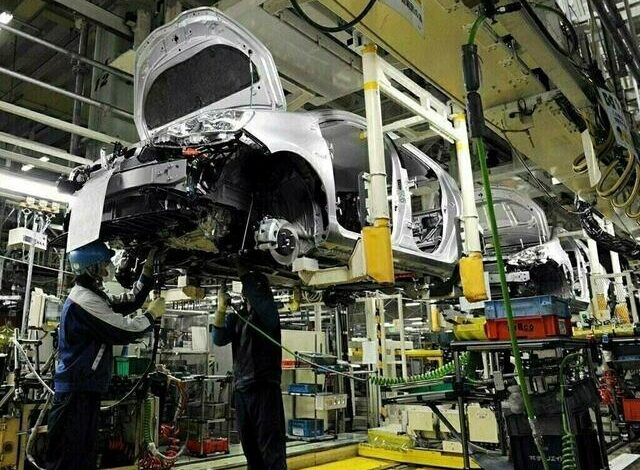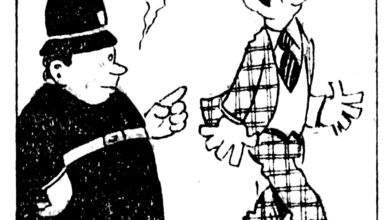Local automobile industry in deep trouble: PAMA

KARACHI: The local automobile industry, already grappling with myriad of challenges, is now being severely impacted by a sharp surge in the import of used cars and SUVs following the withdrawal of regulatory duty and additional customs duty under SROs 1571 and 1572.
Sounding the alarm, Abdul Waheed Khan, Director General of the Pakistan Automotive Manufacturers Association (PAMA), stated, “With the withdrawal of SROs 1571/22 and 1572/22, the regulatory duty and additional customs duty levied on used vehicles have been eliminated. This has placed locally produced vehicles at a significant competitive disadvantage, as revised higher taxation has not been reinstated.”
Khan pointed out that SRO 577/2005, which prescribes duties and taxes on used vehicles, was last amended nearly a decade ago in 2014 and 2015. This has resulted in lower duty calculations when combined with the existing 60% depreciation allowance.
Locally-made passenger cars: PAMA protests GST hike proposal by govt
While the government’s stance has traditionally been to ban the import of used vehicles, Khan lamented, “It is the circumvention of this policy, with impunity, that has enabled traders to illegally purchase vehicles overseas for bulk imports under the guise of provisions for overseas Pakistanis.”
The numbers make for startling reading. During the recent months, a staggering 5,139 used SUVs were imported – nearly eight times higher than the 669 units imported during the same period last year. The eco-Pickup and Minivan category also saw a dramatic spike, with 5,099 units imported compared to just 1,025 units the previous year.
Most alarmingly, during the current financial year, a total of 25,098 used vehicles have made their way into the country – a jaw-dropping 641% increase compared to the 3,386 units imported the previous year. February 2024 alone witnessed the import of 3,213 used vehicles, in stark contrast to the 396 units imported in February 2023.
The repercussions of this influx extend far beyond market dynamics. Local automotive manufacturers, who have invested heavily in capacity enhancement and developing local vendor industries, now find themselves at a significant disadvantage. The unfair competition posed by the abundance of imported used cars not only undermines their efforts but also threatens the livelihoods of countless workers employed directly and indirectly in this sector.
“The traders facilitating these imports often evade taxes, resulting in a loss of revenue for the government. In contrast, the auto industry brings in foreign investment, facilitates technology transfer, creates jobs, and contributes significantly to the country’s economic growth,” Khan stressed.
Copyright Business Recorder, 2024



